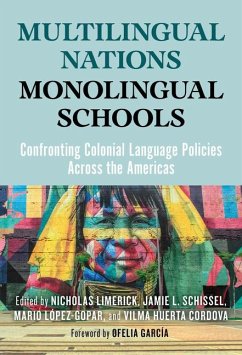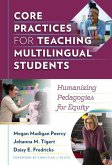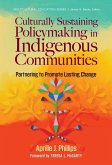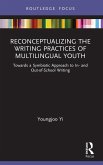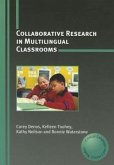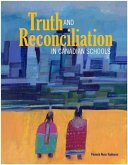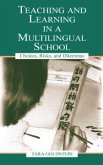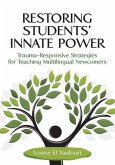The effects of colonialism in education and society have deep and difficult legacies. This book argues that it is necessary to better understand the deep roots of colonialism in order to realize justice and overturn forms of oppression in education policy, in classrooms, or in family and community-based education. Highlighting research from across Abya-Yala with examples from various parts of North, Central, and South America, chapter authors explore the ways that colonialism manifests in current educational policy and practice; how this happens through language use and communication; and, by starting locally, what comparisons can be gained across different cases across the continent. This volume examines forms of communication and knowledge--such as Indigenous and/or colonial languages, standardized testing, and institutionally sanctioned forms of literacy--and seeks to historicize, provide further context, look at other cases, and follow encouraging examples with the goal of interrupting colonial trajectories. Book Features: * Offers a unique focus on education, colonialism, and language across the Americas. * Challenges current education status quos, including some that aim to decolonize, in language policy, international education, and educational development. * Presents a multiplicity of positionalities and methods and brings together scholars who conduct research and reside in locales across the continent.

